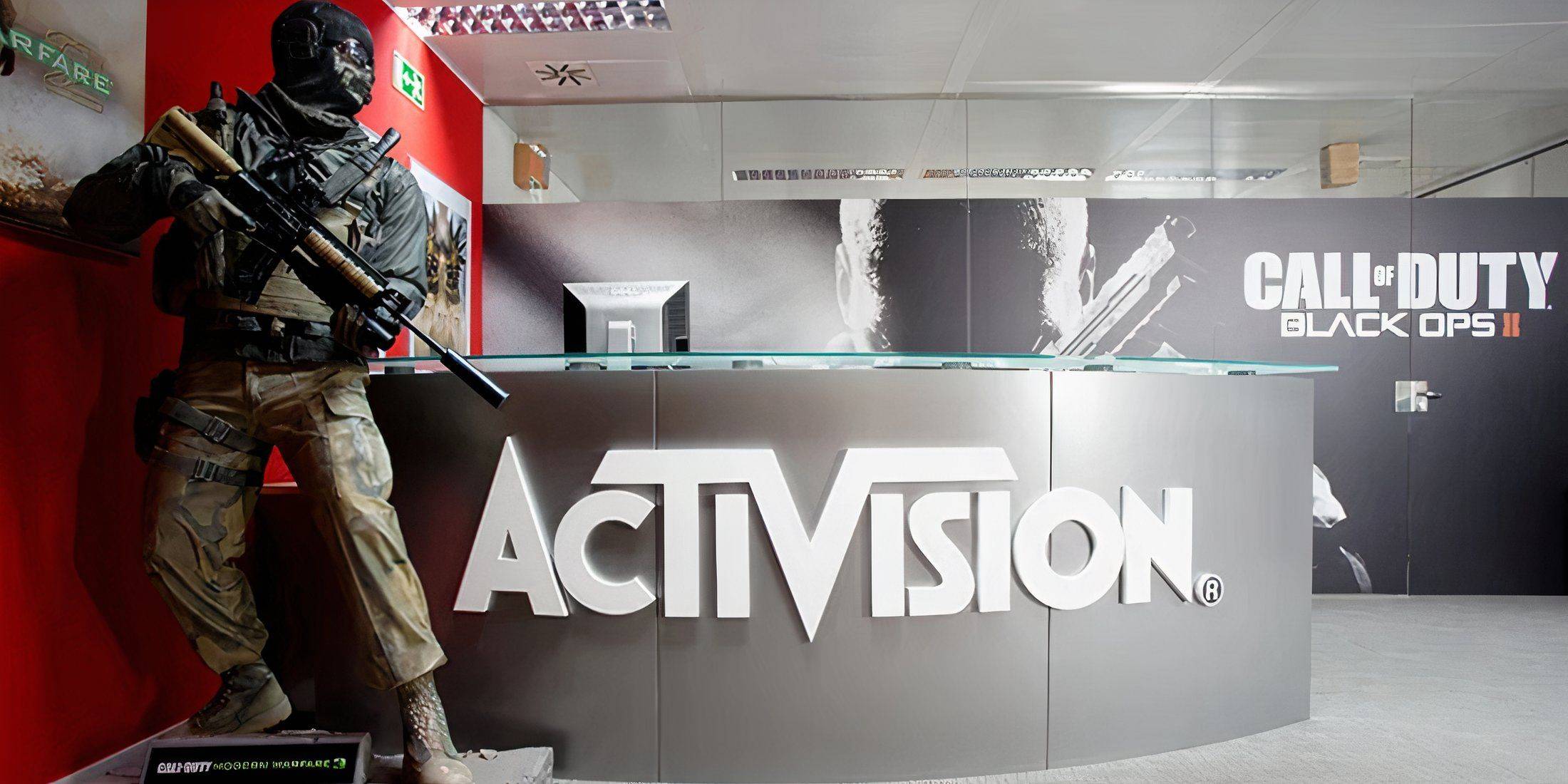
Activision Rebuts Uvalde Lawsuit Claims, Citing First Amendment Protections
Activision Blizzard has filed a robust defense against lawsuits linking its Call of Duty franchise to the 2022 Uvalde school shooting tragedy. Filed in May 2024 by families of the victims, the lawsuits claim the shooter's exposure to Call of Duty's violent content contributed to the massacre. Activision vehemently denies these allegations.
The May 24, 2022, Robb Elementary School shooting claimed the lives of 19 children and two teachers, injuring 17 others. The shooter, an 18-year-old former student, was a known Call of Duty player, having downloaded Modern Warfare in November 2021. The lawsuit also implicated Meta, alleging its Instagram platform facilitated the shooter's access to firearm advertisements. The plaintiffs argue that both Activision and Meta fostered an environment that indirectly encouraged violent behavior in vulnerable adolescents.
Activision's December filing, a comprehensive 150-page response, refutes all claims of a direct causal link between Call of Duty and the tragedy. The company invoked California's anti-SLAPP laws, designed to protect free speech from frivolous lawsuits. Furthermore, Activision asserted that Call of Duty, as a form of artistic expression, is shielded by the First Amendment. The company contends that characterizing the game's content as "hyper-realistic" and directly responsible for the shooting violates this fundamental right.
Expert Testimony Supports Activision's Defense
To bolster its defense, Activision submitted expert declarations. A 35-page statement from Notre Dame professor Matthew Thomas Payne argues that Call of Duty's depiction of military conflict aligns with established traditions in war films and television, rejecting the lawsuit's characterization of the game as a "training camp for mass shooters." A separate 38-page declaration from Patrick Kelly, Call of Duty's head of creative, details the game's development process, including the substantial $700 million budget allocated to Call of Duty: Black Ops Cold War.
The Uvalde families have until late February to respond to Activision's extensive documentation. The outcome remains uncertain, but the case highlights the ongoing debate surrounding the potential influence of violent video games on real-world violence.















